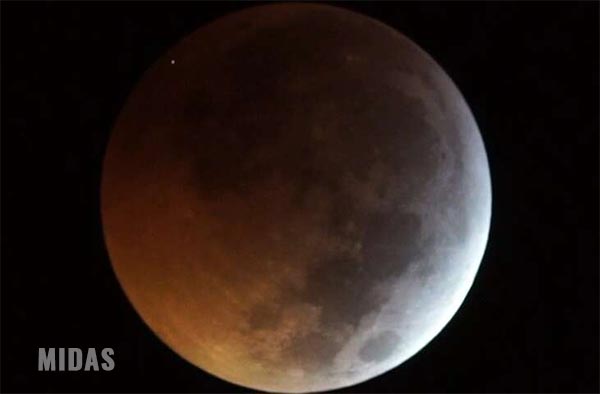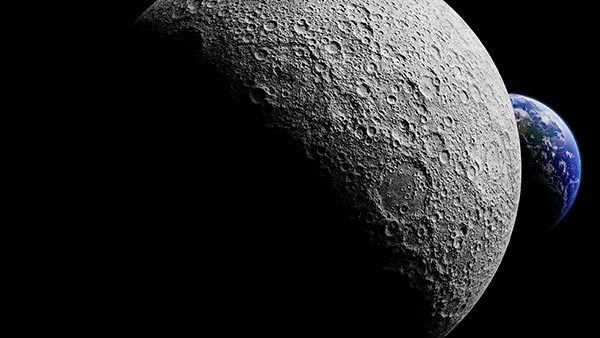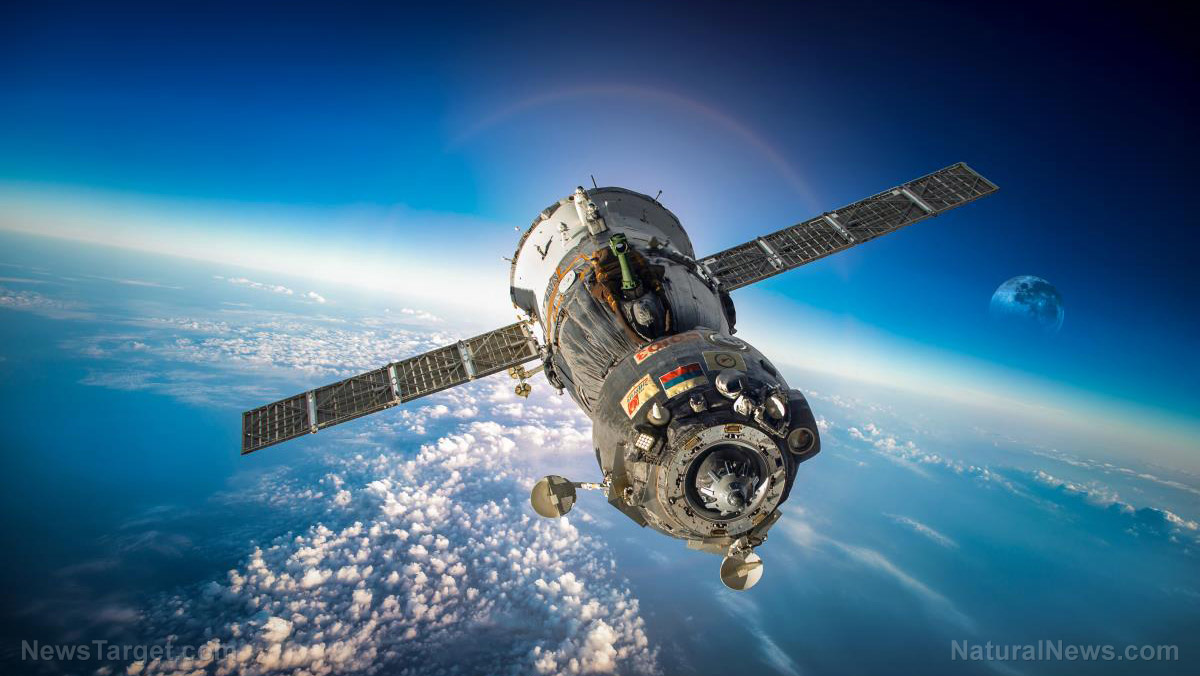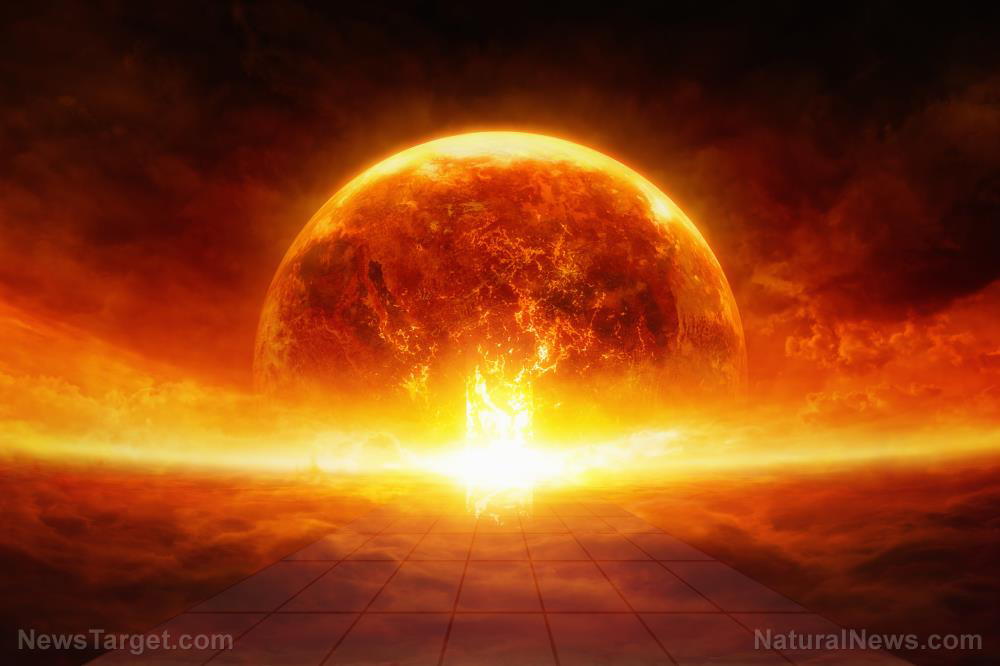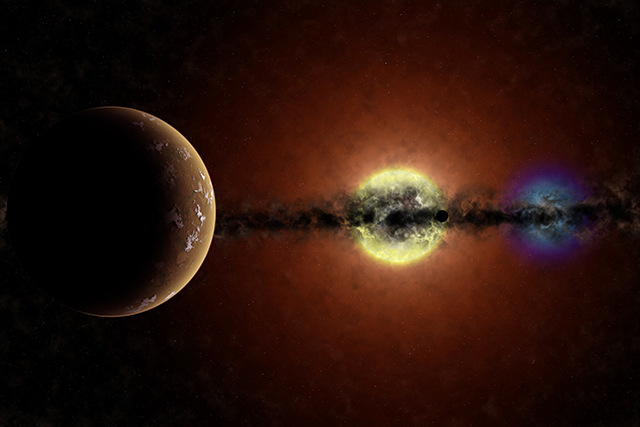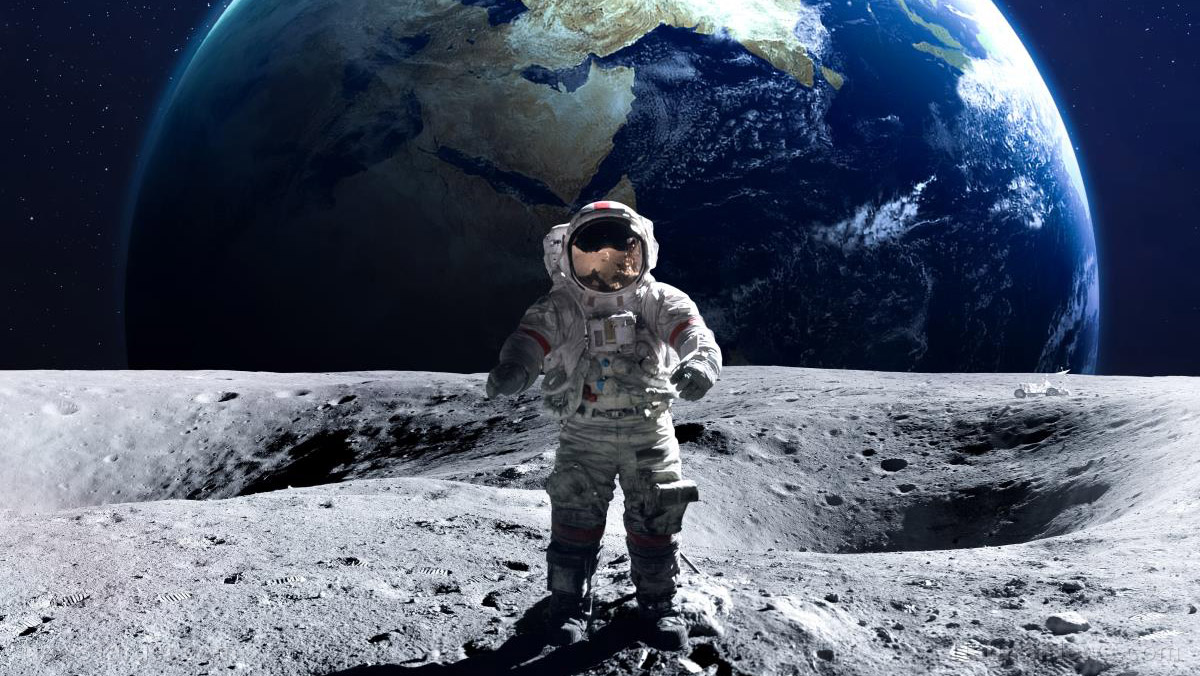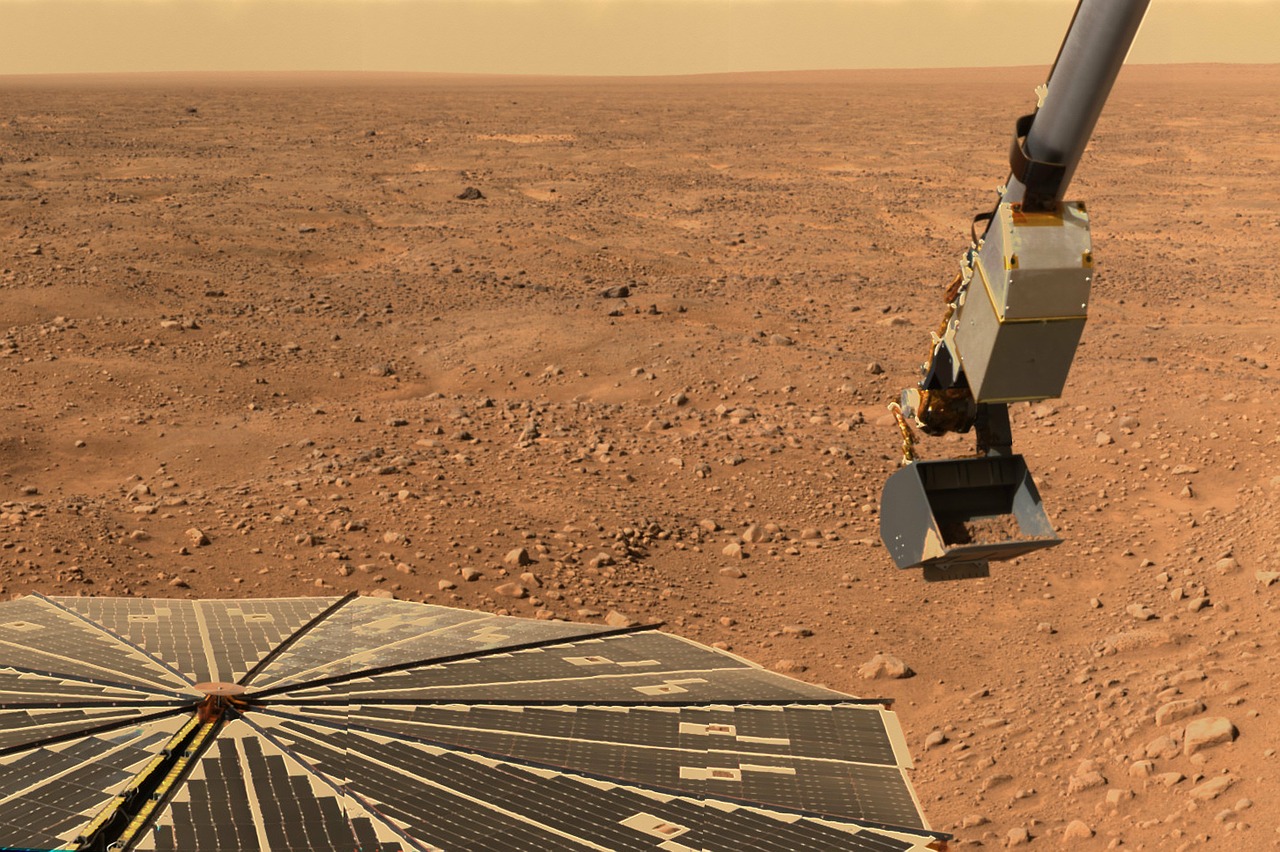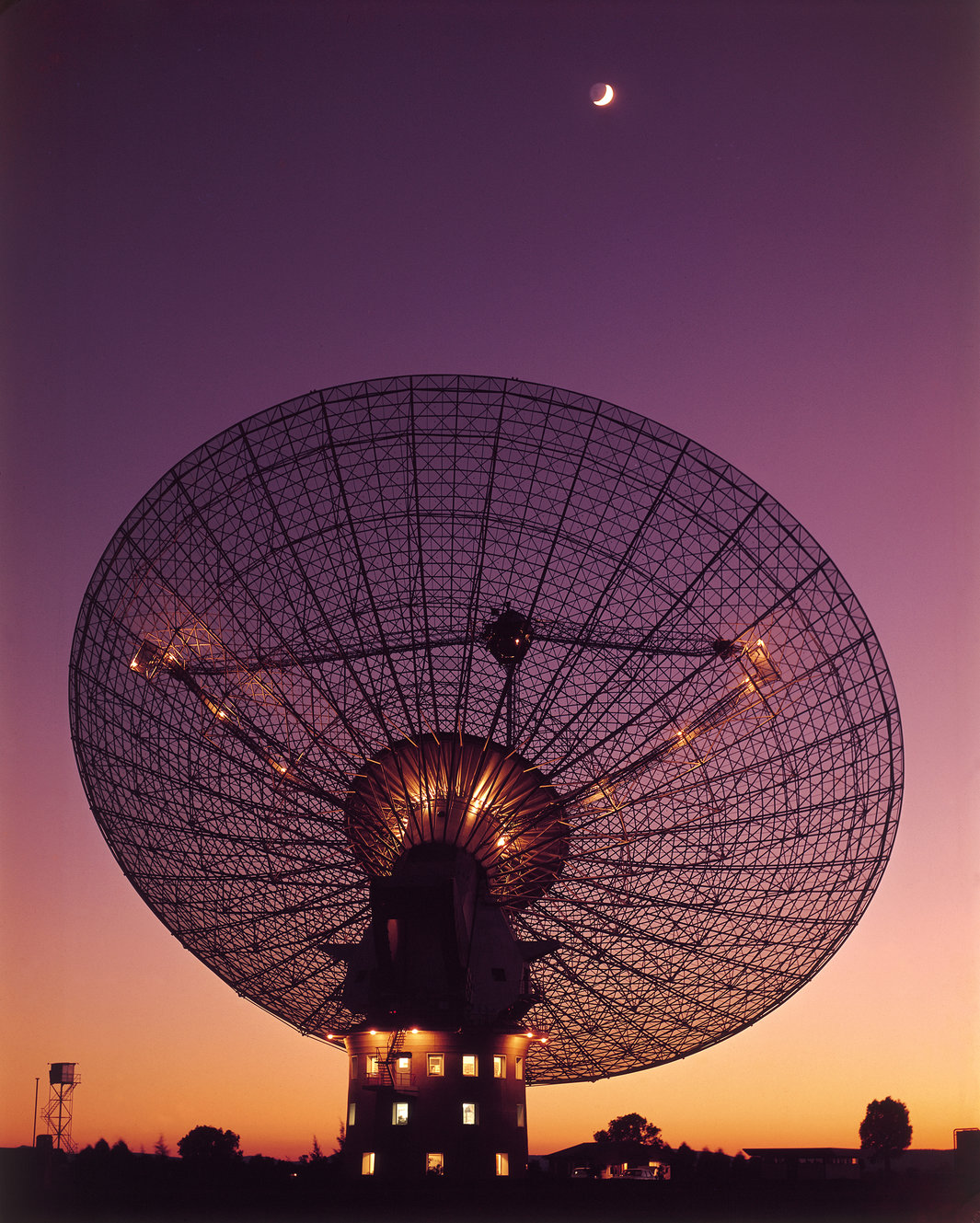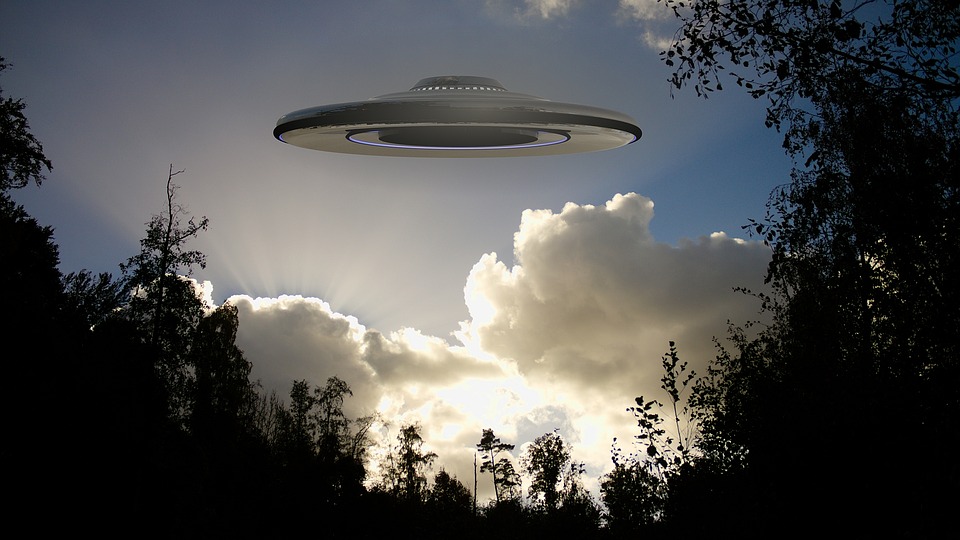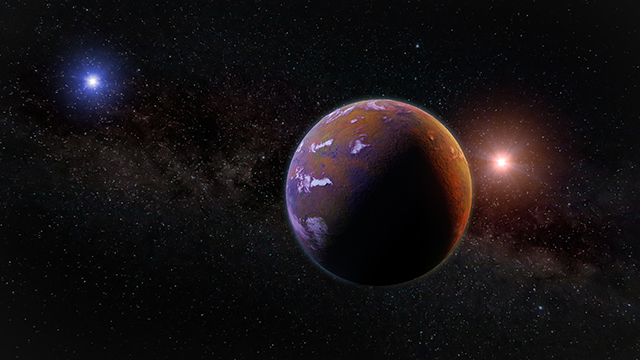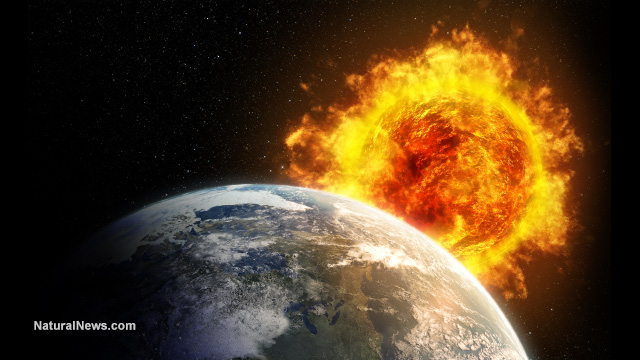NASA scientist is “absolutely certain” there is ALIEN LIFE in the universe
08/29/2023 / By Kevin Hughes
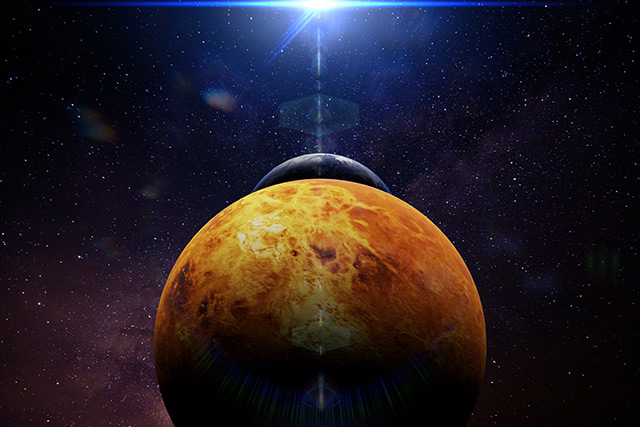
A scientist from the National Aeronautics and Space Administration (NASA) said she is “absolutely certain” there is alien life in the universe – likely within the solar system.
Michelle Thaller, a research scientist working at NASA’s Goddard Space Flight Center in Maryland, said during an interview with the U.S. Sun that she believes there is alien life hiding out there.
“I definitely think we’ll find life on another planet. I think that in our own solar system, we’re quite close to it, but once again we don’t have that 100 percent thing,” said Thaller. “On Mars, we see chemistry that on Earth if it were here, we would say is due to life. But the question is, how well do we understand Mars and are we being fooled by something?”
James Webb Space Telescope could help humans discover habitable planets
One of NASA’s most prominent programs at the moment is the establishment of the James Webb Space Telescope, a $10 billion instrument that could help humans discover habitable planets in the Milky Way. Thaller believes it can be used to find life much closer to home.
“We see possible signs of life in the atmosphere of Venus. Possibly underneath the ice in the icy moons of Jupiter and Saturn. The solar system may be teeming with simple life, microbial life. We just have to get that 100 percent certainty to say that we found it, and we don’t have that yet,” said Thaller, who is excited about the possibility that Venus could support life. (Related: NASA will find alien life in the next 25 years, experts predict.)
Venus, sometimes described as Earth’s twin because of their identical size and structure, is 67 million miles from the sun and the hottest planet in the solar system.
It has an atmosphere comprised of sulfuric acid and carbon dioxide, creating an inhospitable and arid planet that would certainly kill any human who landed there. And yet, this has not prevented scientists from publishing numerous studies indicating that microbial life could be living somewhere in the planet’s clouds.
Some of these scientists believe the conditions on Venus could allow extraterrestrial microbial life to exist using the planet’s sulfur, methane and iron. Many others theorize that photosynthesis is possible on the planet’s surface, as Venus gets enough solar energy to penetrate through its dense clouds.
“I never expected Venus. Venus is now one where we see something in the atmosphere that looks very much like it could be produced by bacteria,” said Thaller. I think it’s only a matter of time until we have proof that it’s in the solar system.”
Other than Venus, other candidates for hosting possible life in the solar system are Mars and the icy moons orbiting the larger planets in the outer solar system.
“We’re waiting. We don’t have absolute proof yet,” Thaller said. “Do I think there’s life out there? Absolutely.”
Follow Space.news for more news about the search for extraterrestrial life.
Watch this report questioning why the mainstream media is now pushing a narrative about aliens on Earth.
This video is from the Thrivetime Show channel on Brighteon.com.
More related stories:
At UFO hearing, lawmakers and witnesses accuse Pentagon of an alien “cover up.”
Radio signals from mobile phone towers could lead ALIENS to Earth.
European Space Agency launches probe to search for alien life on Jupiter’s icy moons.
Harvard physicist wants to prove METEORITE that fell near Papua New Guinea is an ALIEN PROBE.
Latest study that uses AI discovers 8 probable alien “technosignatures” near distant stars.
Sources include:
Submit a correction >>
Tagged Under:
alien life, alien microbes, aliens, cosmic, extraterrestrial life, James Webb Space Telescope, Michelle Thaller, microbial life, NASA, National Aeronautics and Space Administration, research, solar system, Space, space exploration, Venus
This article may contain statements that reflect the opinion of the author
RECENT NEWS & ARTICLES
COPYRIGHT © 2017 SPACE.COM
All content posted on this site is protected under Free Speech. Space.com is not responsible for content written by contributing authors. The information on this site is provided for educational and entertainment purposes only. It is not intended as a substitute for professional advice of any kind. Space.com assumes no responsibility for the use or misuse of this material. All trademarks, registered trademarks and service marks mentioned on this site are the property of their respective owners.

